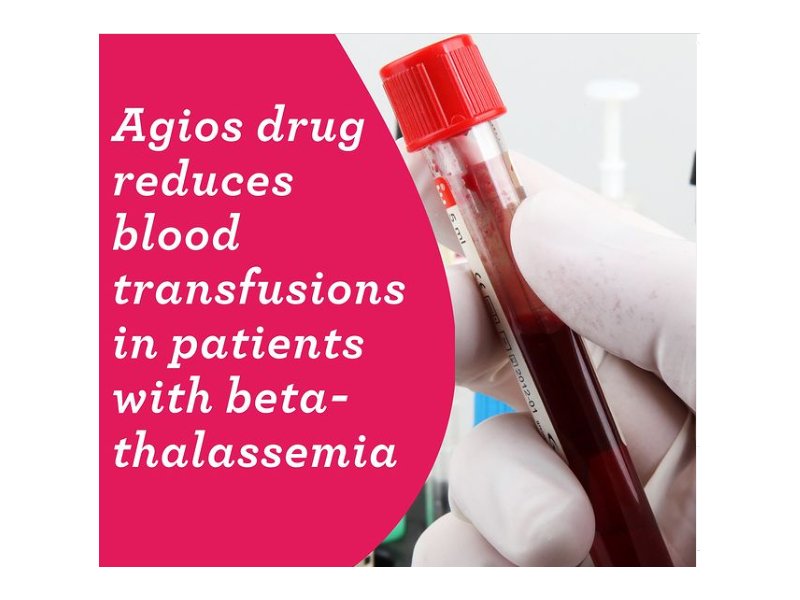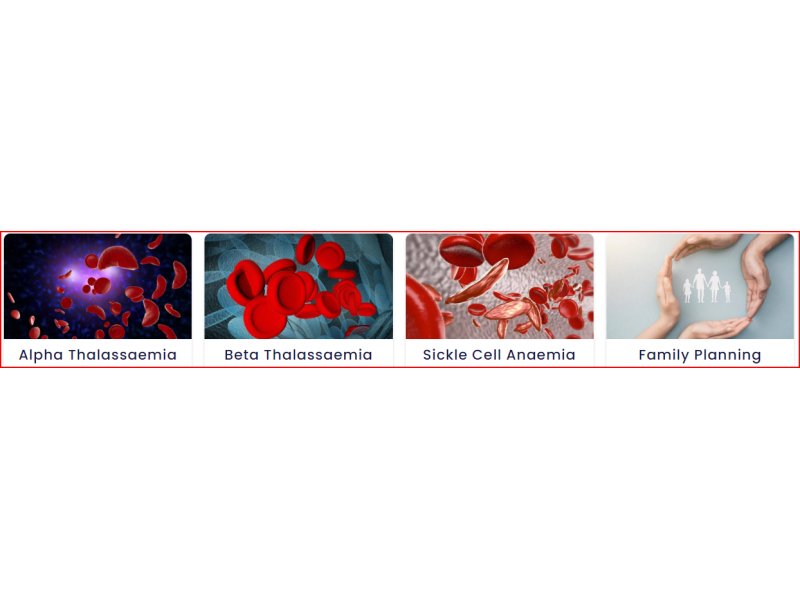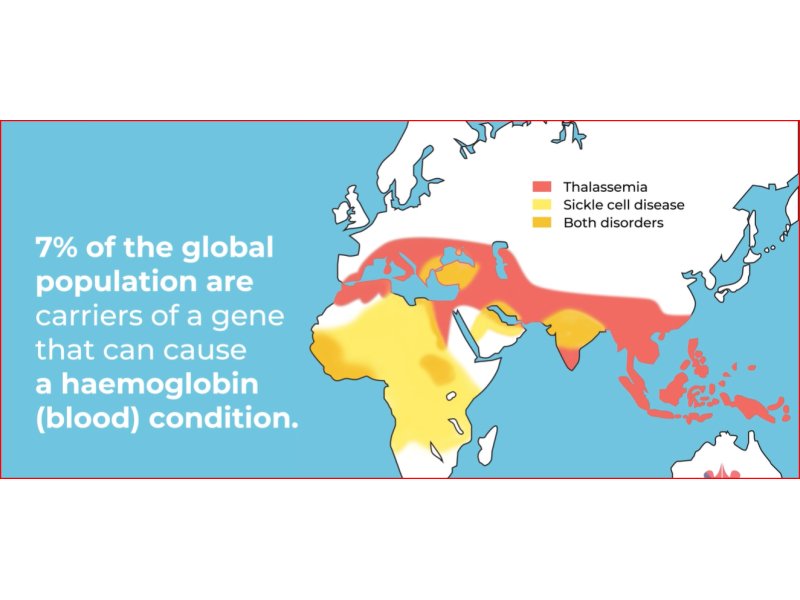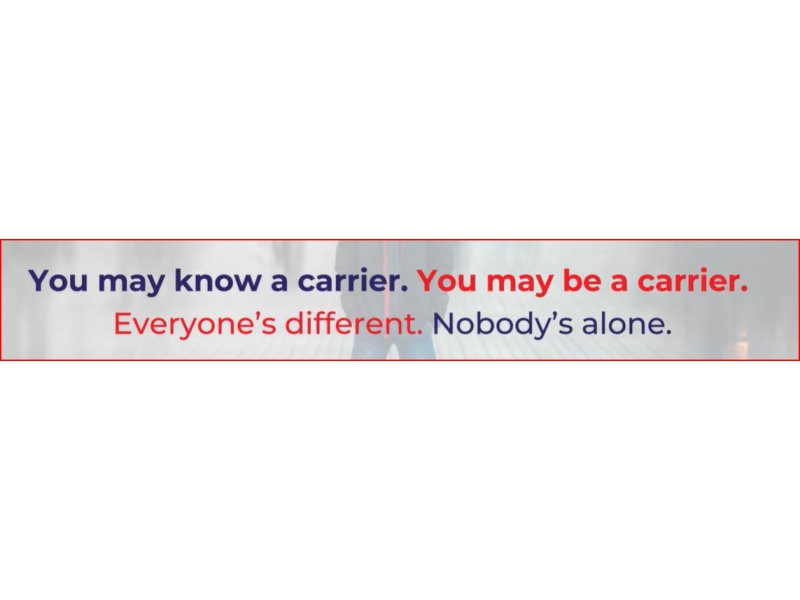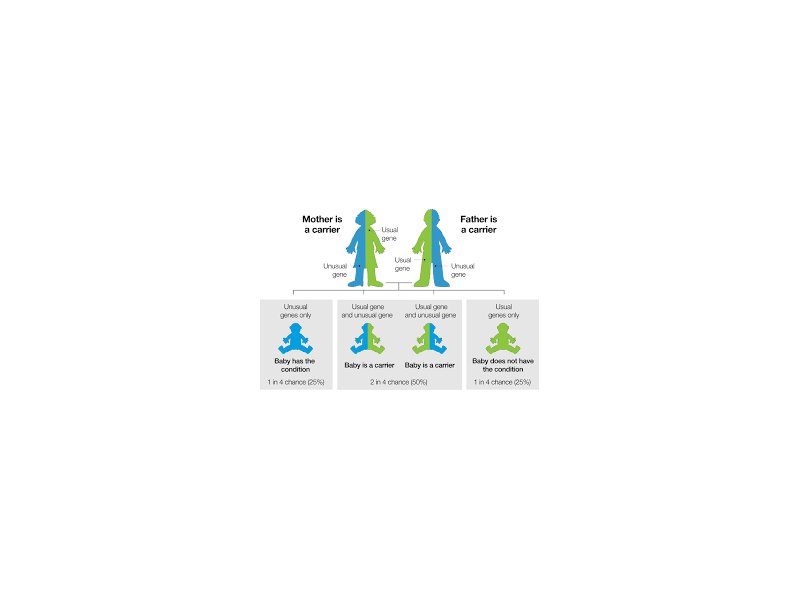Project Overview
Living with Thalassaemia
Living with thalassaemia
If you have thalassaemia, it is important to attend all your medical appointments and to have blood transfusions when you need them. You will need to prevent infections by washing your hands often and avoiding people with colds or the flu.
Take care of yourself by eating healthily.
What are the complications of thalassaemia?
People with thalassaemia can develop other problems including:
- enlarged spleen
- blood infections
- bone problems such as deformities in the face or skull, or osteoporosis
- damage to the heart, liver or hormonal system, caused by too much iron in the blood
Can thalassaemia be prevented?
When someone is diagnosed with thalassaemia, their close relatives (parents, children, brothers and sisters) may also be offered genetic testing to see if they have the gene mutation. It is a simple blood test that is free and can be done by your doctor.
You might want to know whether you carry the gene so you can make informed choices about having a baby in future. A child is only at risk of having thalassaemia if both parents are carriers. If both parents are carriers, there is a 1 in 4 chance their child will have thalassaemia. There is a 1 in 2 chance they will be a carrier.
If you carry the thalassaemia gene and are thinking of having a child, you and your partner may decide to:
- have prenatal testing (a genetic test done during pregnancy) to see whether the child is affected
- think about your options for having a child. For example, you may decide to have a child through IVF, and have genetic screening of the embryo before it is implanted
- look out for symptoms of thalassaemia in your child
This Centre for Genetics Education fact sheet has more information about genetic screening in pregnancy for thalassaemia.
Resources and support
For further information or support, contact us at tascanz@muskaancaretrust.org.nz or your community health centre, thalassaemia treatment centres, public hospital or health department.
Useful links:
——————————————————–
Sources:
Thalassaemia and Sickle Cell Society NZ
Thalassaemia and Sickle Cell Society of Australia (Factsheets)
Department of Health (Pregnancy Care Guidelines, Haemoglobin disorders),

